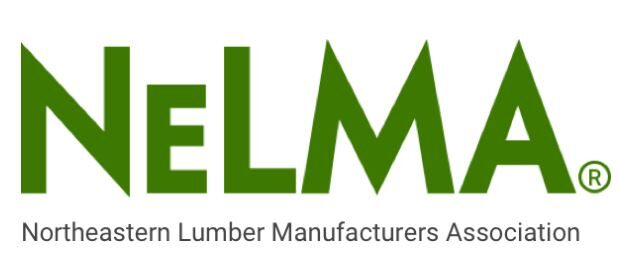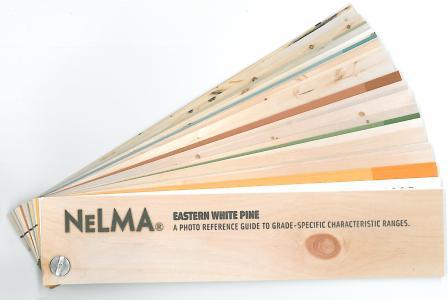
What does it mean to manage your forest responsibly, especially if you’re a private landowner managing a relatively small acreage? For one thing, it means making sure your land will retain its beauty and integrity for future generations. That legacy is a key goal for many people, especially when their land has been passed down over multiple generations. Responsible forestry means having a long-term plan that protects the ecology of your private forests, generates income and replenishes tree growth on an ongoing basis.
Over half the working forests in the United States are owned and managed by roughly 10 million families and individuals, contributing to the greater good in the form of clean water, wildlife habitat and stable jobs. International Paper Company spoke to landowner Albert Shaw of Bladen County, North Carolina to illuminate one example of what sustainable practices look like on a smaller scale.
“For me, responsible forestry is being sustainable, which is what I practice on my acreage, Wild Wood Farms,” Shaw says. “Some tactics we use are large stream borders, controlled burns, wildlife food plots and maintaining diversity within my wood lots. I have 19 wood lots on the farm, and by rotating around the acreage, replanting after the harvest and strategically sectioning lots from cutting, I maintain a diverse habitat. Harvesting timber in a responsible manner only improves the environment – young trees actually sequester more carbon than old ones.”
“This land has been in my family for 220 years. I love nature and by practicing responsible forestry, I enhance the land and produce an environmentally friendly product at the same time.”
“Protecting wildlife is also very important to me, and I have worked with organizations to improve bobwhite habitats, and protect the endangered Ramshorn snail. My forest land has three certifications: FSC® (Forest Stewardship Council®), SFI (Sustainable Forestry Initiative), and ATFS (American Tree Farm System). Both require that you engage in responsible forestry and there are a lot of benefits that come with them.”
There are many landowners like Shaw around the country, and many more who aspire to manage their lands at a similar level. Figuring out how to get started may sound intimidating, but most states (and many national organizations) offer resources and guidance to get you there. Look for the Small Forest Landowner Office in your state, and check out the Forest Stewardship Council’s Family Forests Program, which offers low cost group certification programs so you can enjoy the economic benefits of responsible land ownership.


